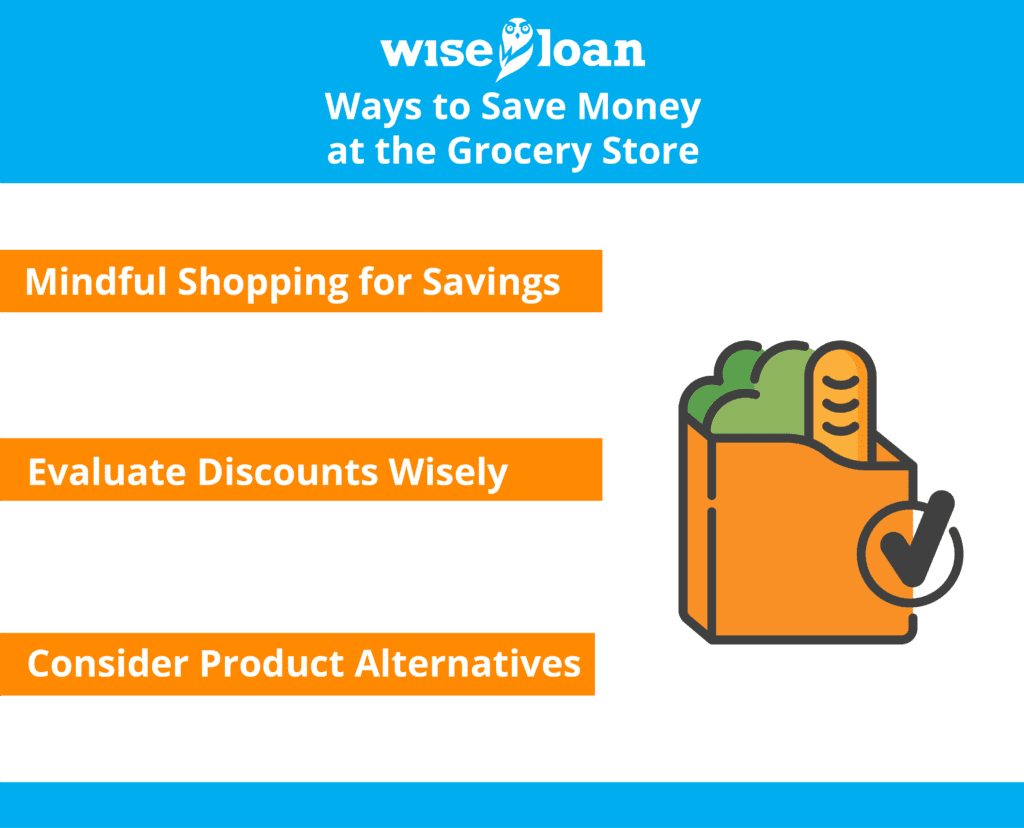“Oops! No milk again? Let me dash to the store real quick.”
Yet another routine trip to the grocery store. “Oh, those chips look tempting. Perhaps I can whip up a pizza later and enjoy a movie night. But I should also grab some fresh salad mix. A few cookies won’t hurt either. Ah, there’s the milk!” We’ve all been there. Grocery stores cleverly position essential items towards the back, tempting us to pick up extra goodies on our way. It’s a cunning yet effective marketing strategy. So, how can we avoid overspending at the grocery store?
There are numerous ways to curb your spending while grocery shopping. One of the most important things to remember is that you don’t need to fill your cart to the brim, especially if your shopping list is short. Often, we end up purchasing far more than we intended after we’ve already found what we came for.

When comparing products, look beyond the basics like milk, bread, fruits, and eggs. Surprisingly, many products on the grocery store shelves, even those with different brand names, come from the same manufacturer. This holds true for many store brands as well. While household names like Campbell’s and Coca-Cola are enticing, smaller brands often offer equivalent quality at a lower price. Don’t forget to use your phone to track and compare prices for the same products to ensure you’re getting the best deal.
Stores constantly monitor the quality and expiration dates of their meats. Be sure to inquire about discounts on bakery or meat items nearing their expiration, as stores are often eager to reduce prices to avoid waste.
Always verify that “discounted” items are genuinely offering savings. Who can resist those “10 for $10” sales? While these promotions boost product sales, they can sometimes increase the price per item. Double-check that the deal being offered is truly advantageous. And remember, always shop wisely!
The recommendations contained in this article are designed for informational purposes only. Essential Lending DBA Wise Loan does not guarantee the accuracy of the information provided in this article; is not responsible for any errors, omissions, or misrepresentations; and is not responsible for the consequences of any decisions or actions taken as a result of the information provided above.











